THIS ARTICLE/PRESS RELEASE IS PAID FOR AND PRESENTED BY Fridtjof Nansen Institute - READ MORE
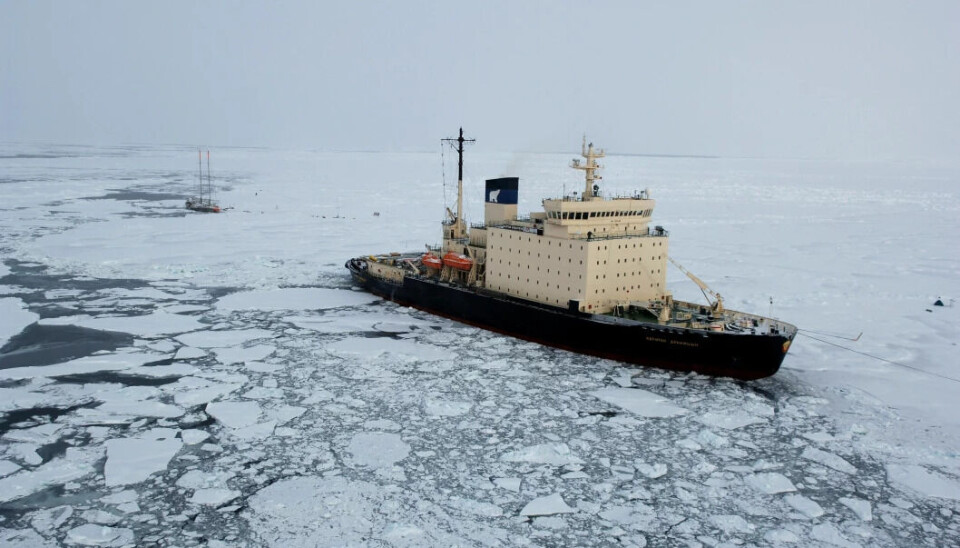
The work of the Arctic Council put on hold because of the war in Ukraine
The Arctic Council is recognised as the most important organ for international cooperation in the North. Now, for the first time in the Council’s 25 years of existence, its work has been halted.
"However, as soon as the world gets back on a more stable track, the work of the Arctic Council’s working groups is certain to be among the first things to start up again," says Svein Vigeland Rottem, senior researcher at the Fridtjof Nansen Institute.
Members of the Council are the Arctic countries Canada, Denmark (the Færoes and Greenland), Finland, Norway, Sweden, Iceland, the USA, and the Russian Federation.
At present, Russia holds the chairmanship of the Arctic Council.
International society has condemned Russia’s war against Ukraine. Never before have nations around the globe been united in applying such powerful sanctions, which affect all aspects of life in Russia. Much international cooperation with Russia has been stopped, and many major agreements have been frozen.
That has consequences not only for Russia, but also for its Western partners in cooperation.
Maintaining a distance to security policy
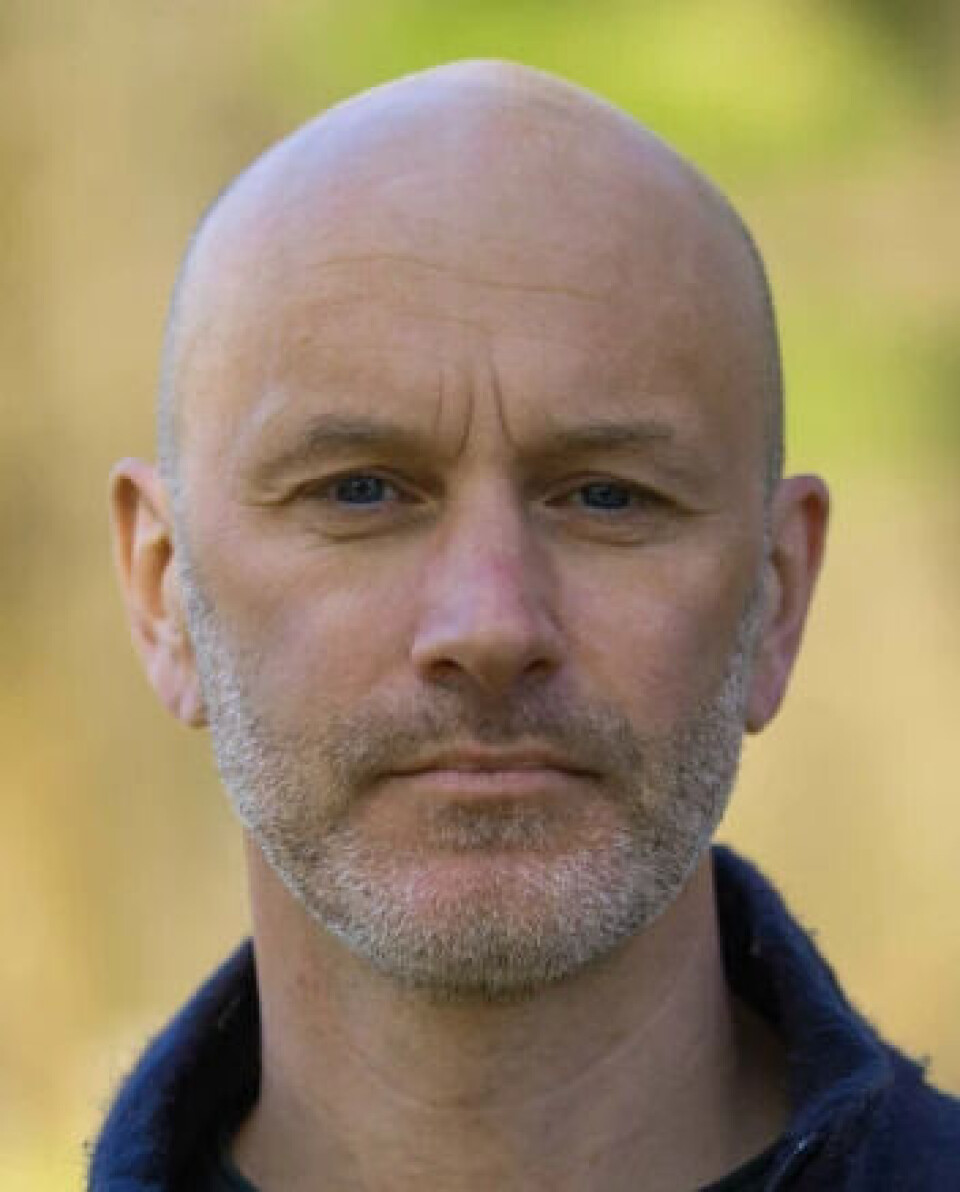
"The Arctic Council works with issues that individual states cannot solve on their own. Cooperation here has proven invaluable," explains Rottem, who conducts research on international cooperation in the High North, and is an expert on the Arctic Council.
The Arctic Council is the sole arena where all the Arctic countries meet regularly at the governmental level, to work together on solving problems in the High North. Their foreign ministers attend Council meetings every second year.
"The Arctic Council has otherwise remained shielded from most heated rhetoric and geopolitical tensions," Rottem notes.
Shielding Council cooperation
The Council meeting planned for May in Moscow has had to be cancelled.
"No Norwegian officials can travel to Russia as things now stand," Rottem explains.
He adds further background: "The Arctic Council was originally conceived as a reconciliation project after the Cold War. Precisely because the Council does not deal with matters of security policy, it has focused on solving problems less directly linked to geopolitical tensions – such as the environment, climate, and preparedness. The world has experienced considerable instability since the Council began in 1996, but – until now – Arctic cooperation has managed to stay on an even keel."
"After the Russian annexation of Crimea in 2014, for the first time in 10 years Russian Foreign Minister Lavrov did not attend the Arctic Council meeting of foreign ministers in the following year. Even under the foreign policy tumult that surrounded the Trump presidency in the USA, work in the Arctic Council continued as normal … The member states all agreed on the importance of shielding the Council against geopolitical discord," he says.
An important area
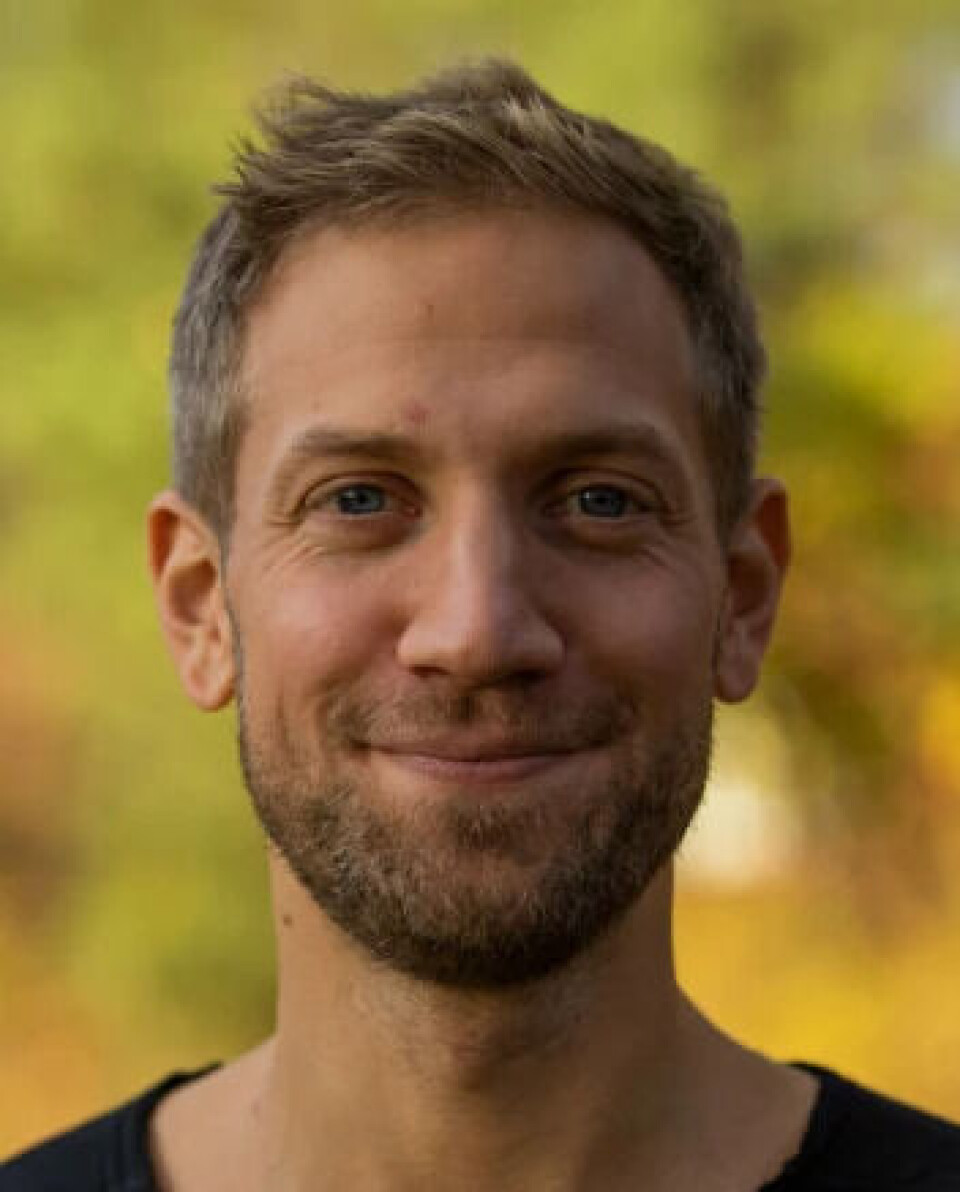
"There is nothing in history to indicate that the Russians are interested in challenging borders or accepted arrangements in the North. If that should happen, it would be as a result of misunderstanding or errors. No, I do not that this will happen," Rottem says, adding that the law of the sea remains applicable and that both Russia and the USA are in agreement here.
"The Arctic is, however, an area of great geopolitical importance. Any indication of conflict there would be see as part of a much wider, international geopolitical game. However, everything today gets interpreted in light of the Ukraine crisis. And that makes the situation much more risky – and far less predictable”, he says.
More and more tasks for the Arctic Council
Rottem continues: "From the beginning and until today, the Arctic Council has succeeded in many of its tasks, and also taken on increasingly important work. The Council was established in 1996, with the aim of building cooperation and collaboration among the Arctic states. For a long time now, environmental protection and suitable development have been its major areas of activity."
The Council is organised in working groups, each with its own portfolio and tasks. There has been important cooperation in research, search-and-rescue, and coast guard collaboration
"By excluding all matters of security policy, the Council has managed to achieve fruitful results in other areas," explains Rottem, and adds that the Council has also contributed to a generally improved climate for cooperation among the member states.
The Arctic: central in geopolitics
Despite occasional storms in the field international security policy, the work of the Arctic Council has managed to steer clear of conflicts – until now, at least.
Researchers at the FNI have long since noted that Russia constitutes Norway’s main security-political challenge in the North. Perhaps the Norwegian press has turned a blind eye, but members of the current government, ìncluding Prime Minister Jonas Gahr Støre, current Minister of Climate and the Environment Espen Barth Eide,as well as and MP former cabinet minister Ine Eriksen Søreide, have long been aware of the importance of the High North.
According to Andreas Østhagen, senior researcher at the FNI, with a focus on security policy in the North, "There can be no doubt: The Russian invasion of Ukraine has sharpened military tensions in the North, Russia has been building up its military capacities for a long time now."
Further, in his view, although the war gas remained geographically limited, it may fuel small-scale conflicts in the Arctic where Russia is involved – grounds for further worry.
"For example," he notes, "a disagreement concerning fisheries might well escalate into something bigger."
China eyeing the Arctic
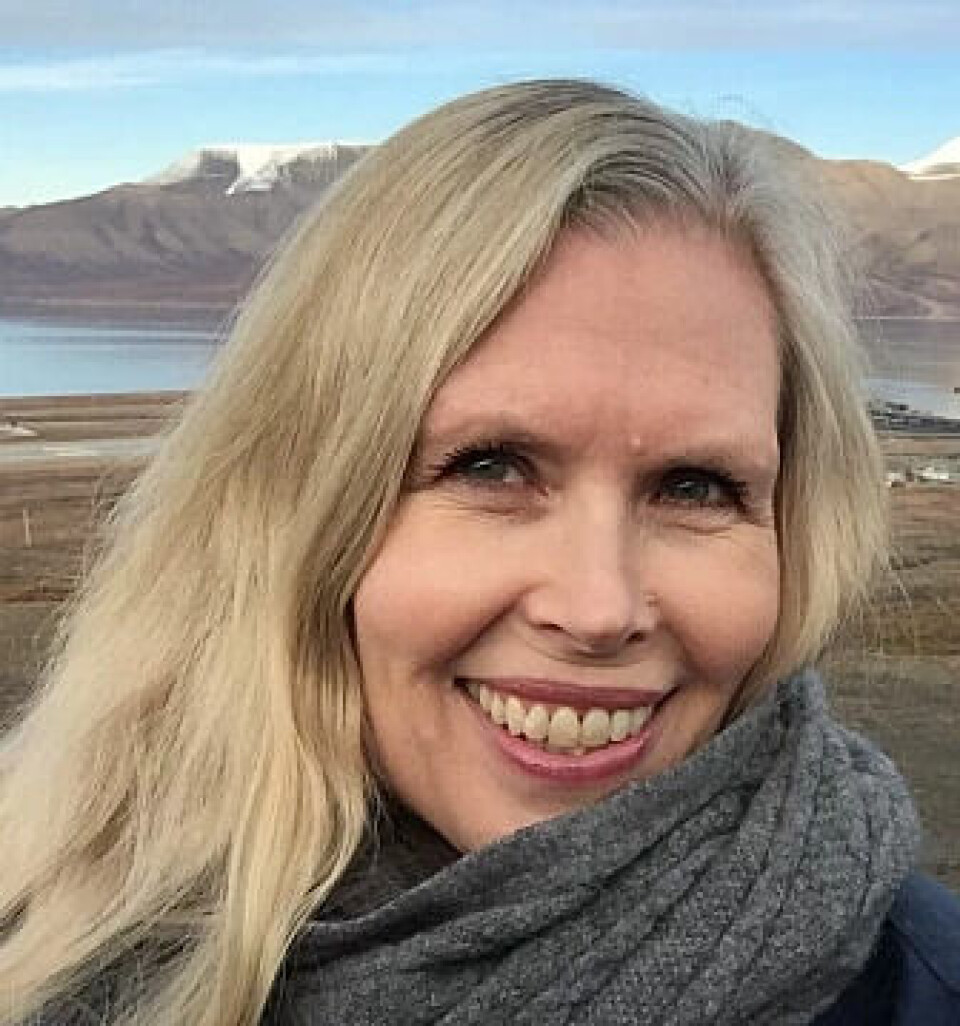
"The Arctic Council has shifted its focus, from a more limited concern with environmental cooperation, to becoming a forum for comprehensive cooperation on a broad range of Arctic challenges. In parallel with economic development in the North, more and more countries and actors have become aeware of the resources and possibilities in the Arctic," Rottem says.
Also representatives of the indigenous populations of the Arctic have a voice. Of the approx. four million residents of the Arctic areas, some 500,000 belong to an indigenous group.
Since 2013, the EU, China and several other countries have observer status on the Arctic Council. They may attend meetings, but without voting rights, and have limited influence. China in particular has shown considerable interest in the Arctic. It defines itself as a near-Arctic state, and has even prepared its own Arctic policy.
China interested in Arctic climate and environment
Gørild Heggelund at FNI conducts research on the role of China in the Arctic. While noting the increasing Chinese presence in the Arctic and northern areas, she says that expectations and concerns have far exceeded China’s actual involvement in the region.
"China is simply interested in everything – also the Arctic. But that is not to say that the Arctic is what the Chinese are most interested in," she adds. "Climate changes in the Arctic affect China. That’s one reason why the Chinese want to be involved, and conduct research on the environment and climate issues in the Arctic."
In Chinese Arctic policy, much attention is directed to climate challenges and environmental protection.
Growth vs protection
Climate change in the North has brought new possibilities for oil and gas extraction. In recent years, the Russian Federation has been heavily involved here. With financial support from China, Russia is building a pioneering fleet of icebreaker tankers. The aim is to be able to transport Liquid Natural Gas (LNG) directly to markets, without having to depend on pipelines.
- RELATED: The ‘Polar Silk Road’ is a myth – but what of Russian activities along the Northern Sea Route?
Norwegian researchers agree that, over the past three decades, cooperation has far outpaced conflict in the Arctic – and here they are thinking of not military activity, but the conflict between growth and protection.
Norway: upcoming Arctic Council chairmanship
Svein Vigeland Rottem notes that, whereas the USA and Sweden have advocated protection, Norway and Russia are interested in petroleum extraction in the Arctic. While the USA has wanted economic growth in Alaska, President Biden favours protection of its Arctic regions.
In Rottem’s view, a ban against oil and gas extraction in the High North is unlikely. But the tug-of-war continues – and Norway sometimes ends up with overlapping interests with Russia and not with the USA.
Just one year from now, Norway will assume the chairmanship of the Arctic Council (2023–2025).
"My advice would be to support those projects that have proven successful for more than twenty years now. Identify the environmental and climate challenges facing the North, and prepare recommendations for action. These challenges concern the entire Arctic, and must be dealt with by all the Arctic nations. They share a common interest in working together. That being said, this is not the time for major new initiatives – whether new projects or a restructuring the work of the Arctic Council," concludes Svein Vigeland Rottem.
References:
Svein Vigeland Rottem 'Improving the Work of the Arctic Council: Challenges and Recommendations' Cambridge University Press, 2021. DOI: 10.1017/S0032247420000492 Abstract
Svein Vigeland Rottem 'The Arctic Council, Between Environmental Protection and Geopolitics' Palgrave Pivot, 2020. DOI: 10.1007/978-981-13-9290-0 Abstract
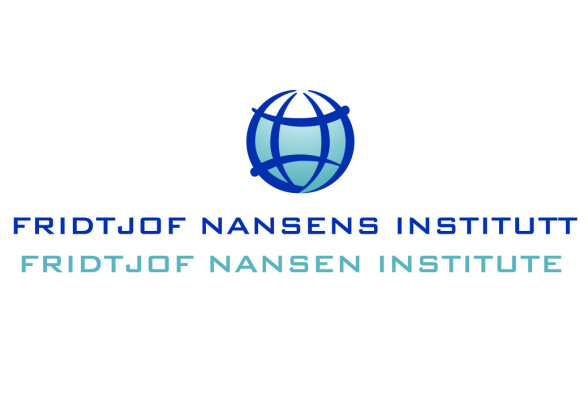
This article/press release is paid for and presented by Fridtjof Nansen Institute
This content is created by Fridtjof Nansen Institute's communication staff, who use this platform to communicate science and share results from research with the public. The Fridtjof Nansen Institute is one of more than 80 owners of ScienceNorway.no. Read more.
See more content from Fridtjof Nansen Institute:
-
“It's been a long time since we've seen so many positive developments in such a short period. We may indeed be entering a turning point for nature”
-
Russia could lose its big chance in the global gas market
-
Russia pushes for a fossil economy. Can China stop them?
-
What does China aim to gain in the Arctic?
-
Where do the metals in your electric car come from?
-
Power struggle in the Arctic Council: Greenland demands a leading role





































